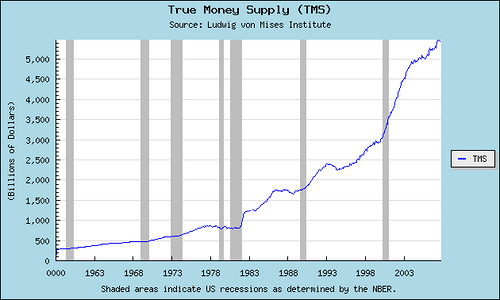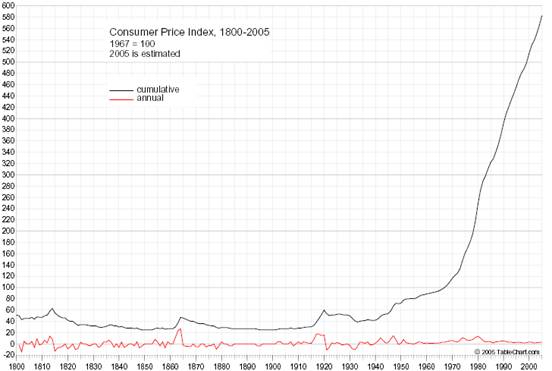Not only will you find the quest for power within the family: husbands over wives, wives over husbands, siblings over siblings, children over parents, ... you find this quest for power in the church and in the state. Churches want power over the people, family, and also God. Their decisions and doctrines and their form of the sacraments and workings of the Holy Spirit are confined by this quest for power. The state has rallied to be the cradle to grave savior through fear-mongering in their quest for power. But power comes from the LORD. If you quest power then you must search kingdom of God.
| Rev 18:1 | And after these things I saw another angel come down from heaven, having great power; and the earth was lightened with his glory. |
| Rev 19:1 | And after these things I heard a great voice of much people in heaven, saying, Alleluia; Salvation, and glory, and honour, and power, unto the Lord our God: |
The spirit of God says to owe no man anything. NO DEBT! Yet the family, church and state make it a faith to be in great debt. There is no more Gold standard, no just weights and measures. The greater the debt the more faith. This is not power. This is self-destruction. This was not so in a free society. Debt enslaves.
Children at one time were taught just weights and measures and how to save. Here is an example:

Rose's new arithmetic: An explanatory and practical arithmetic, adapted to ...
By John Rose
It is interesting that a gold standard monetary system restrains power because gold is not inflationary. Once you saved a dollar you saved a dollar. Now you save a dollar and you save a fraction of a dollar because inflation eats it away.


The common humanistic quest for power can be by might and it can also be by legalized (and illegal) larceny. Rushdoony reminds us that Christians are summoned away from this kind of quest. The love of God means faithfulness in God's power, godly power, and obedience to His law-word. "By their faith ye shall know them" Matthew 7:20